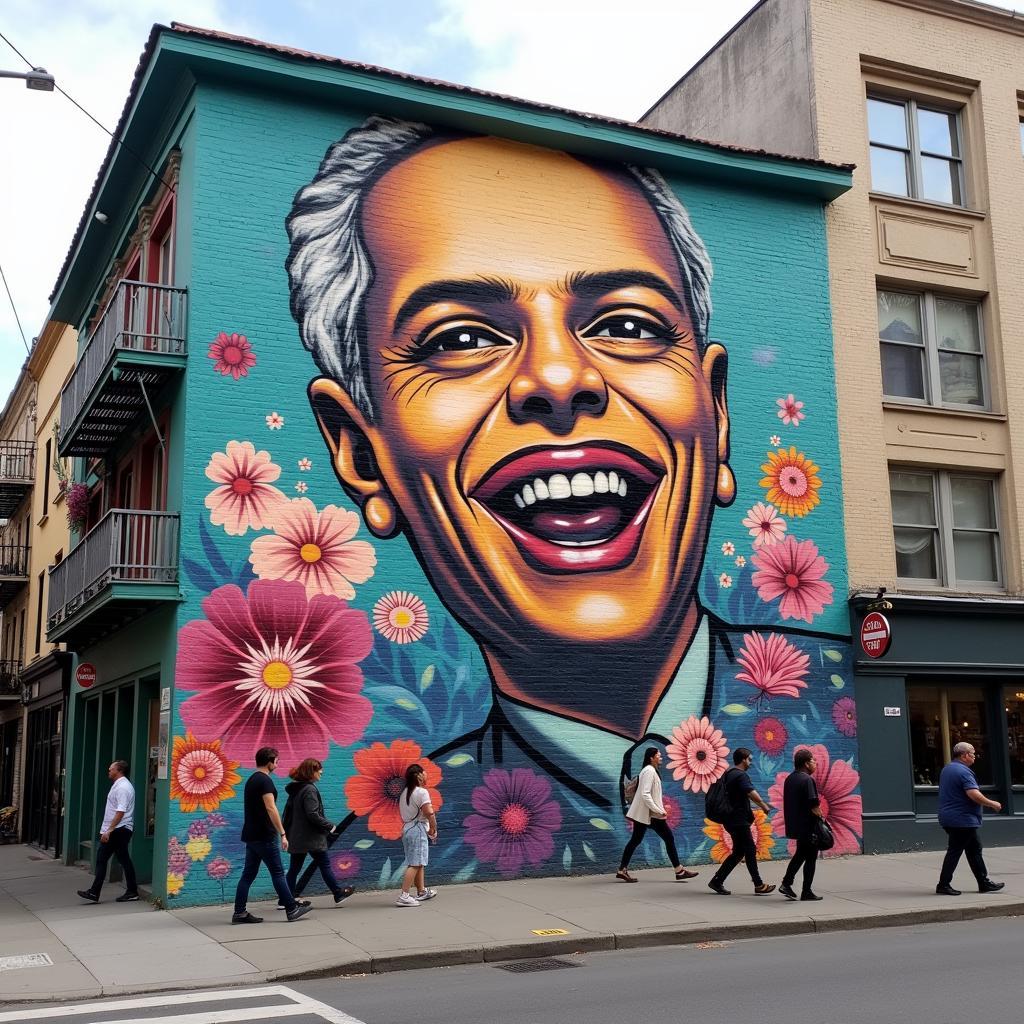The topic of public art initiatives frequently appears in IELTS Writing Task 2, particularly in questions about urban development, community welfare, and cultural preservation. Based on analysis of past IELTS exams, this theme has appeared approximately 3-4 times annually since 2019, making it a significant topic for test preparation.
Nội dung bài viết
The role of technology in public engagement has transformed how we view public art, making this topic increasingly relevant for IELTS candidates.
Task Analysis
Some people think that governments should spend money on public art (such as paintings and sculptures) in public places. Others believe that this money should be spent on more important things. Discuss both views and give your opinion.
This question requires candidates to:
- Discuss arguments for government spending on public art
- Present opposing viewpoints about alternative spending priorities
- Provide a personal perspective with supporting evidence

Band 9 Sample Essay
Public art’s role in society has become a contentious issue, with some advocating for government funding while others argue for alternative spending priorities. This essay will examine both perspectives before presenting my own position on this matter.
Proponents of public art funding argue that these initiatives serve multiple valuable purposes. Firstly, artistic installations in public spaces can transform urban landscapes, making cities more aesthetically pleasing and culturally rich. For example, the success of Melbourne’s street art program has not only beautified the city but also attracted tourism and fostered community pride. Moreover, public art creates accessible cultural experiences for all citizens, regardless of their socioeconomic status.
However, critics contend that government resources could be better allocated to address pressing societal needs. They emphasize that essential services like healthcare, education, and infrastructure development should take precedence over artistic endeavors. In developing nations particularly, where basic amenities may be lacking, investing in public art might seem frivolous. Similar to the benefits of community-based healthcare, these fundamental services directly impact citizens’ quality of life.
In my opinion, while basic needs must be met, public art investment can yield significant societal benefits that justify moderate government spending. The key lies in maintaining a balanced approach where artistic initiatives complement broader urban development goals. Like the benefits of sustainable business practices, public art can contribute to long-term community well-being and economic growth.
Band 6-7 Analysis
The following aspects contribute to this essay’s high band score:
- Clear organization and coherent progression of ideas
- Sophisticated vocabulary and complex sentence structures
- Effective use of examples and personal opinion
- Strong topic sentences and paragraph cohesion
Key Vocabulary
- contentious (adj) /kənˈtenʃəs/ – causing disagreement
- aesthetically pleasing (phrase) /esˈθetɪkli ˈpliːzɪŋ/ – beautiful or attractive
- socioeconomic status (n) /ˌsoʊsioʊˌekəˈnɑːmɪk ˈsteɪtəs/ – social and economic position
- frivolous (adj) /ˈfrɪvələs/ – not having any serious purpose
- initiatives (n) /ɪˈnɪʃətɪvz/ – new plans or processes to achieve something
Advanced Sentence Structures
- Complex with relative clause: “Public art creates accessible cultural experiences for all citizens, which promotes social inclusion.”
- Conditional structure: “Were governments to invest strategically in public art, the benefits could extend beyond mere aesthetics.”
- Parallel structure: “Public art not only beautifies cities but also strengthens community bonds.”
Remember to practice writing your own response to this topic and share it in the comments section below for feedback and discussion.